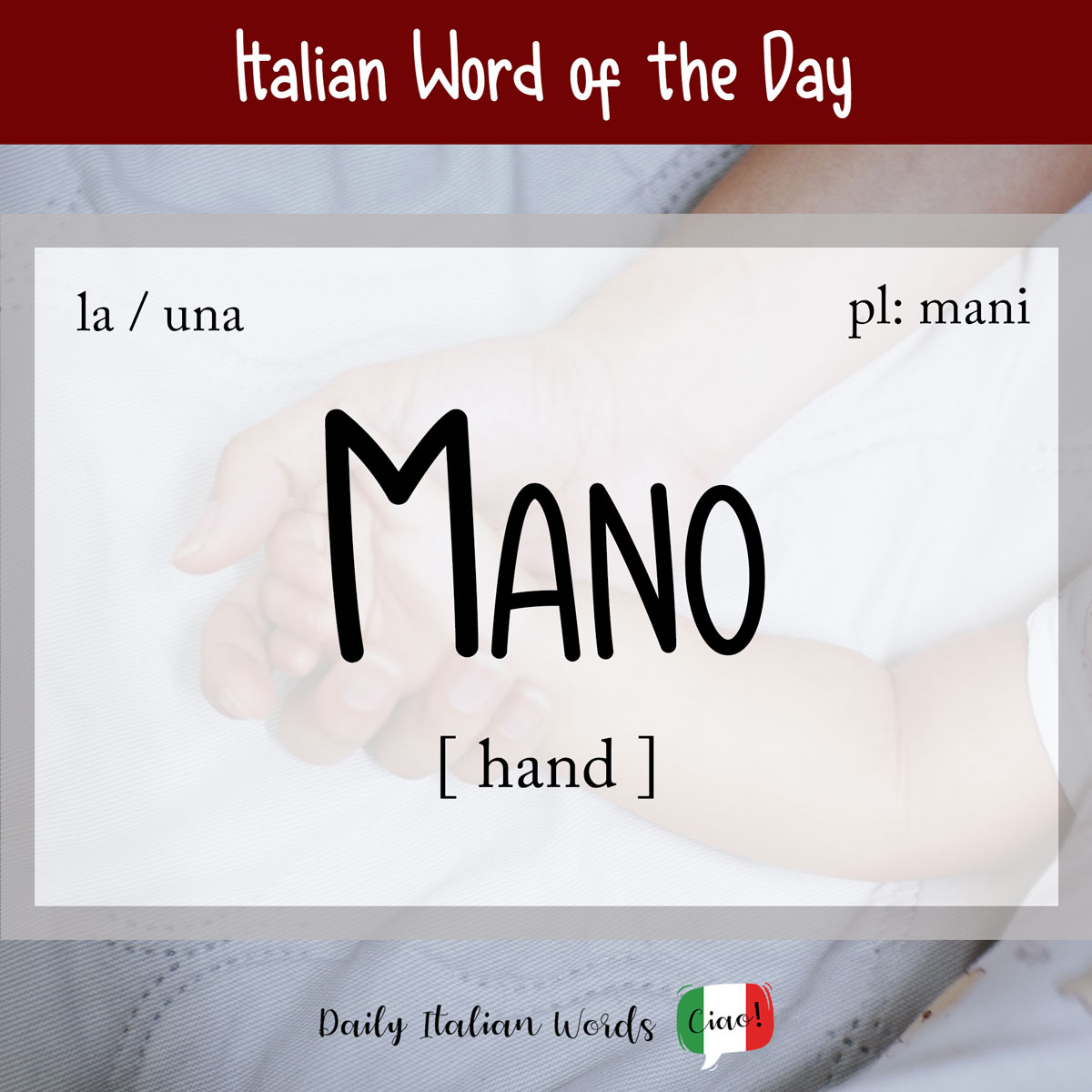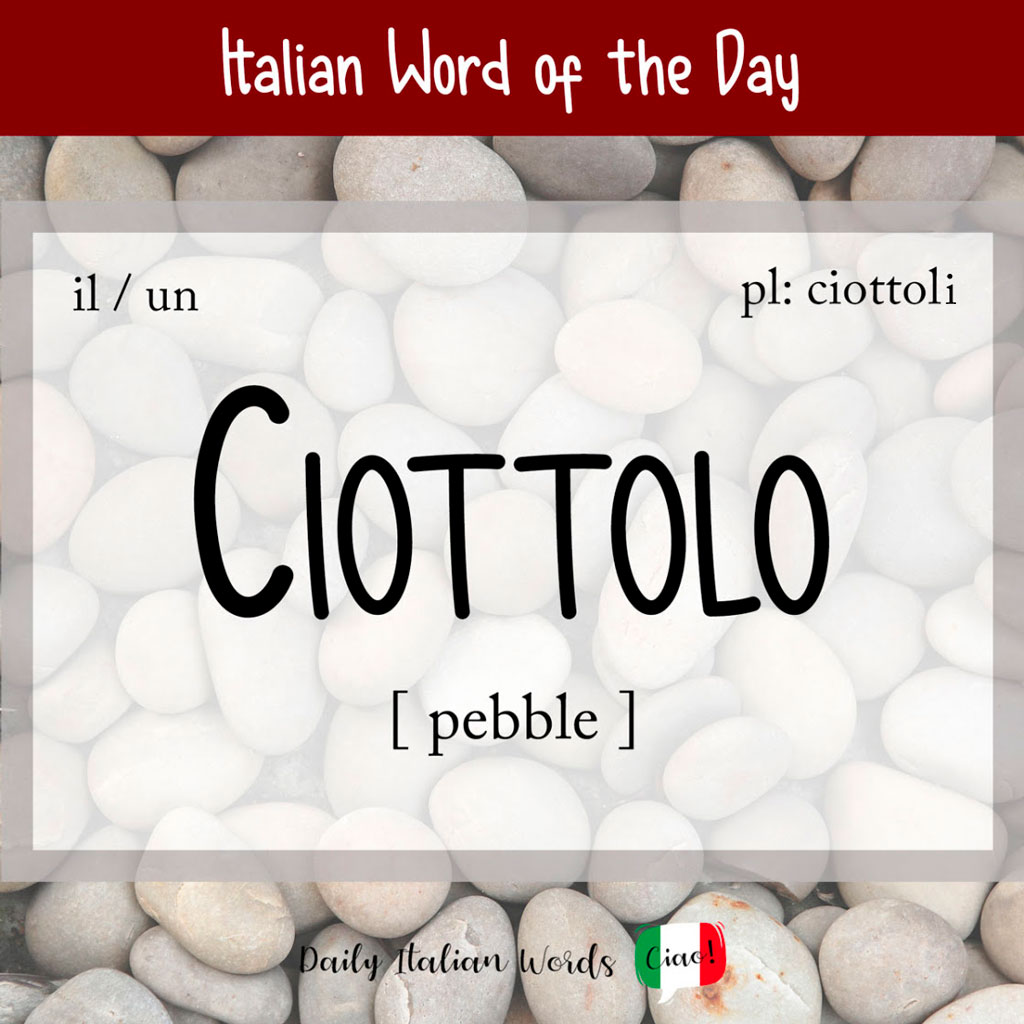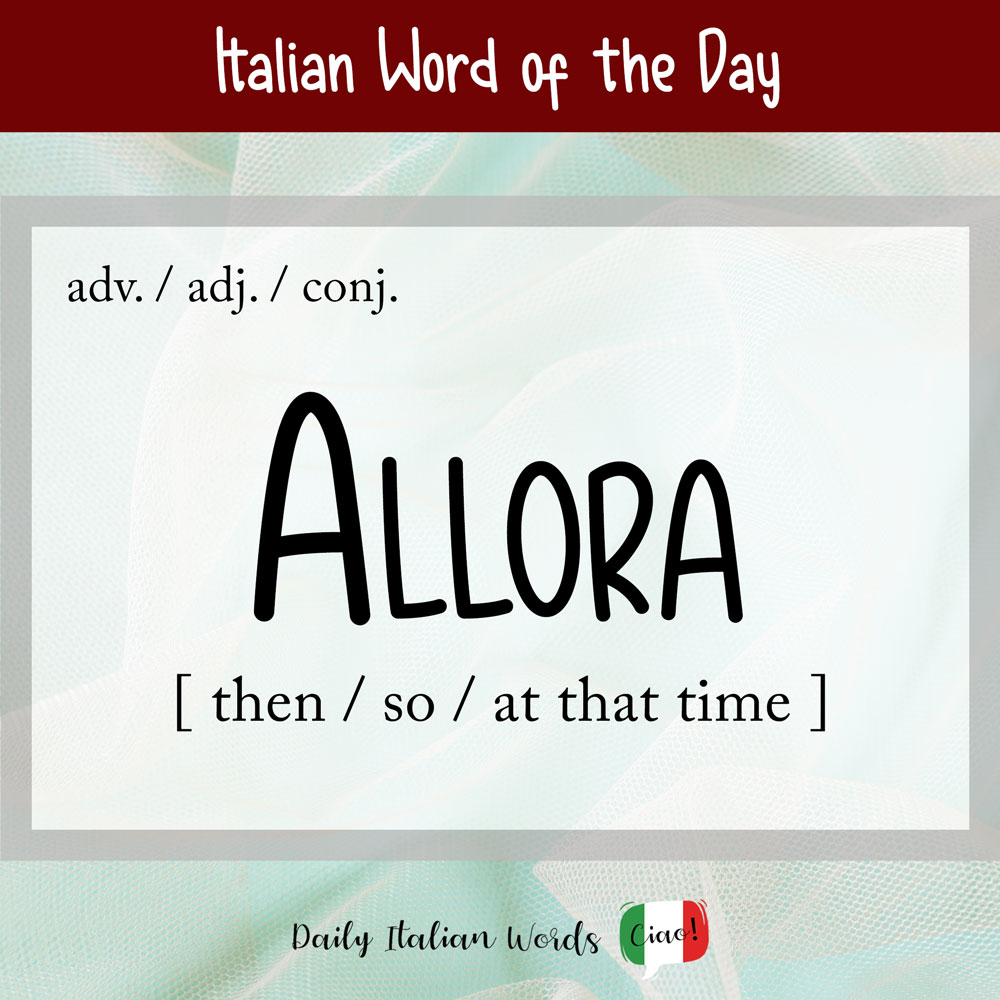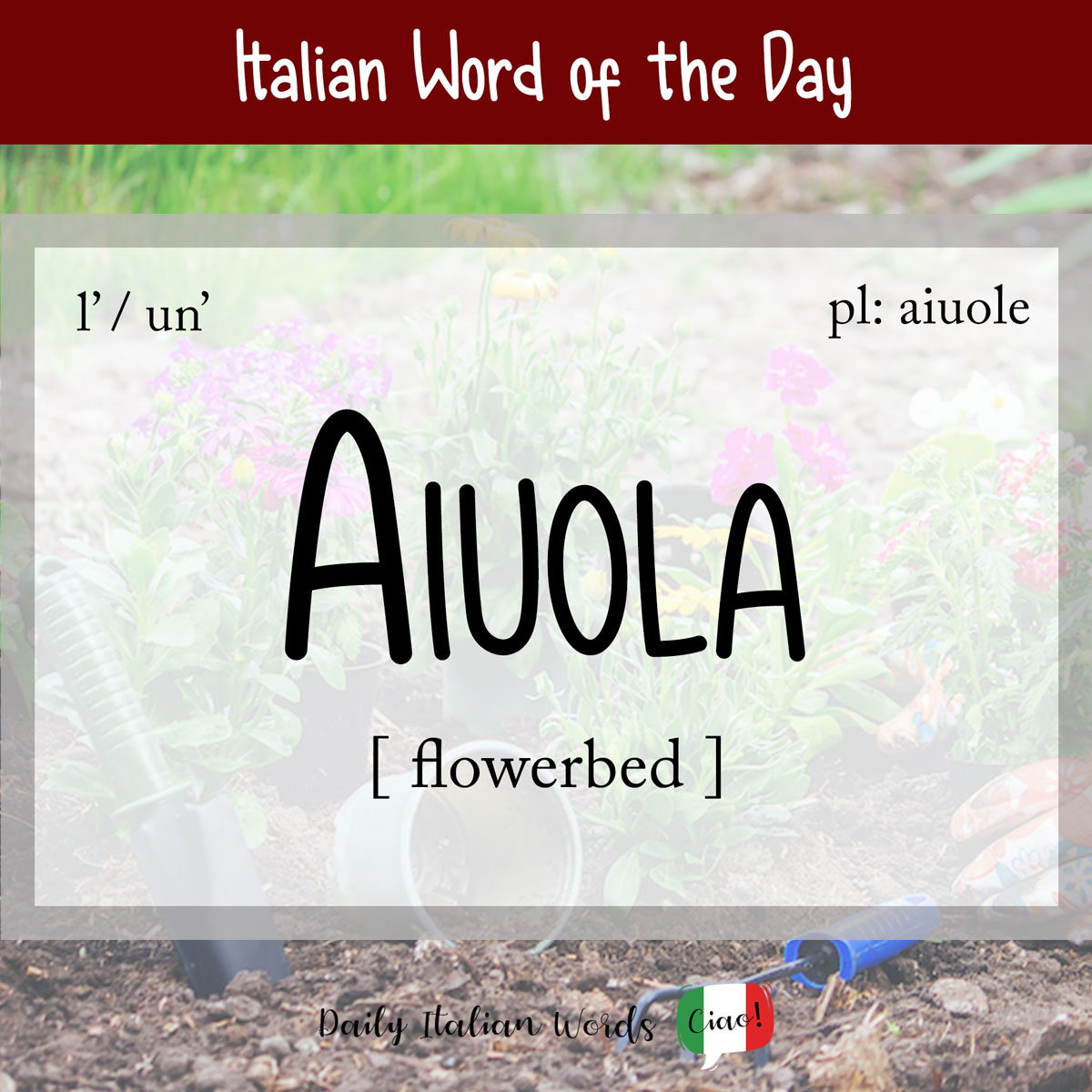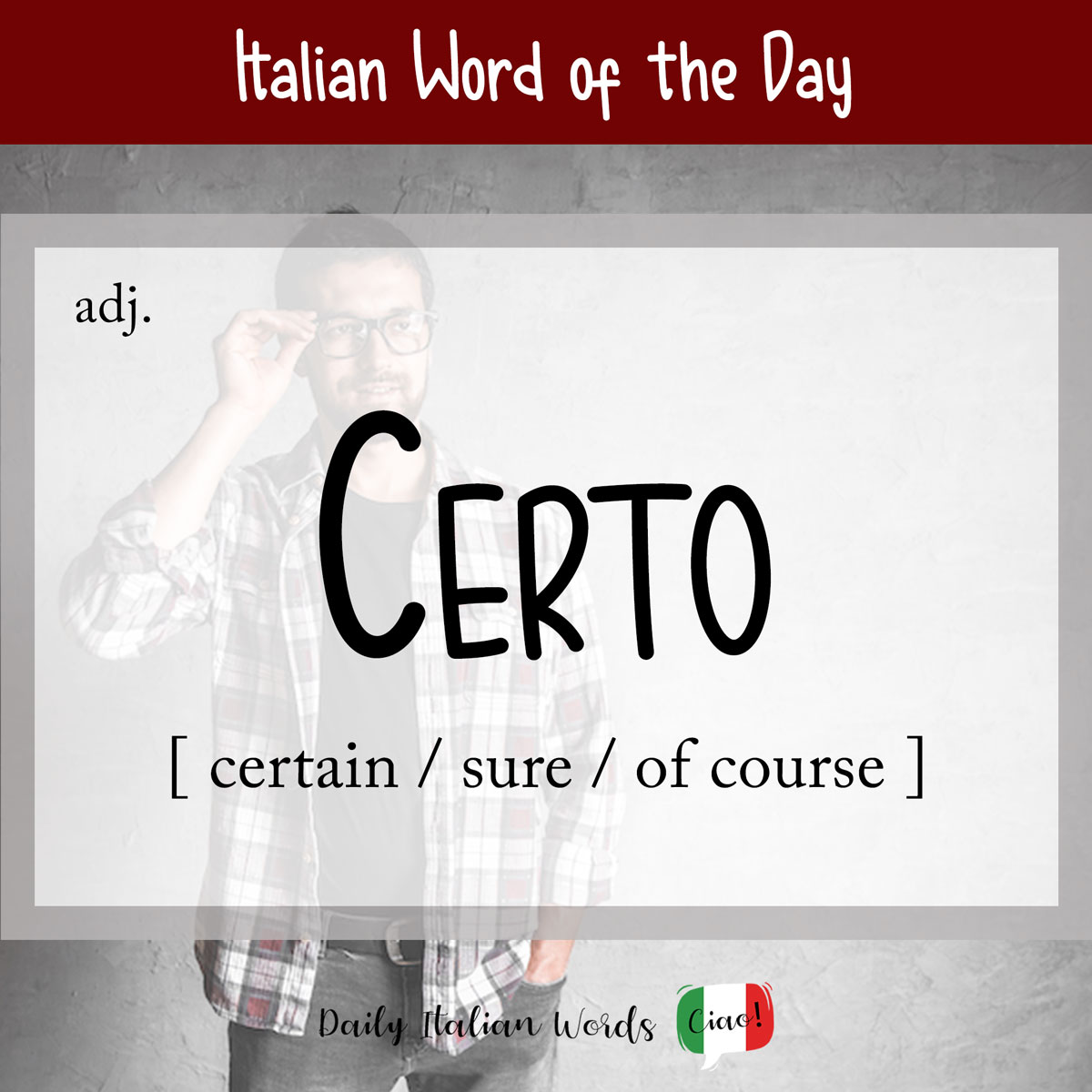Italian Word of the Day: Mano (hand)
Mano, which is the word for hand in Italian, has its origins in the Latin word manus, which also means hand. A curiosity about this word is that, despite ending in the letter o (which is usually associated with masculine nouns) mano is actually feminine. This is because the Latin manus is a fourth-declension feminine …

